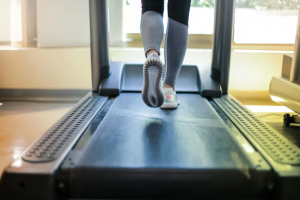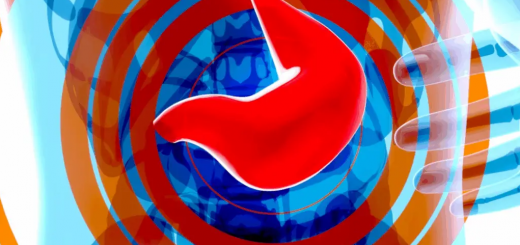What Really Causes Night Cramps and How to Stop Them for Good
If you’ve ever been jolted awake in the middle of the night by a painful muscle cramp, you’re definitely not alone.
These sudden, involuntary spasms — usually affecting the calves, feet, or thighs — can last anywhere from a few seconds to several minutes, leaving you sore and restless afterward.
While nighttime leg cramps are rarely dangerous, they can be extremely uncomfortable.
Understanding what causes them is the first step to finding relief.
Common Causes of Night Cramps
Dehydration
Not drinking enough water throughout the day can lead to an imbalance of electrolytes — essential minerals like sodium, potassium, and magnesium — which help muscles contract and relax properly.

Mineral Deficiencies
A lack of magnesium, potassium, or calcium is one of the most common reasons for muscle cramps. These nutrients support muscle and nerve function, and even a mild deficiency can trigger painful spasms.
Overexertion
Exercising is healthy, but pushing your muscles too hard — especially without proper stretching — can cause fatigue and nighttime cramps.
Sedentary Lifestyle
On the other hand, sitting for long hours without moving can also cause tight muscles. Regular stretching helps improve circulation and flexibility, keeping cramps away.

Poor Posture or Prolonged Standing
Sitting or standing in one position for too long can strain your muscles and lead to nighttime cramping.
Nerve Compression
Conditions like sciatica or a herniated disc can compress nerves in your lower back or legs, resulting in recurring cramps or tingling sensations.
Pregnancy
Hormonal changes and increased pressure on blood vessels often make leg cramps more common during pregnancy, especially in the second and third trimesters.

Medications
Certain drugs — including diuretics, statins, and antipsychotics — may cause muscle cramps as a side effect by altering fluid or mineral balance.
Alcohol Consumption
Alcohol can dehydrate the body and deplete minerals, making cramps more likely.

Underlying Health Conditions
Chronic illnesses such as diabetes, thyroid disorders, kidney disease, or peripheral artery disease can also contribute to muscle cramps.
How to Relieve and Prevent Night Cramps
According to Healthline and other medical experts, these simple remedies can help:
Stretch or massage the affected muscle immediately to improve blood flow.

Apply heat using a warm towel, hot water bottle, or heating pad to relax the muscle.
Try pickle juice — yes, really! The vinegar may help relieve cramps faster.
Walk on your heels for a few seconds to stretch the calf muscles.
Stay hydrated throughout the day and add electrolyte-rich foods to your diet.
Consider supplements if you’re low on magnesium or potassium (after consulting your doctor).
Use NSAIDs like ibuprofen or naproxen if the pain persists.
Night cramps can happen to anyone, but simple lifestyle adjustments — staying hydrated, stretching regularly, and maintaining a balanced diet — can make a big difference.
💡 If you found this article helpful, share it with your family and friends so they can sleep peacefully too!




























